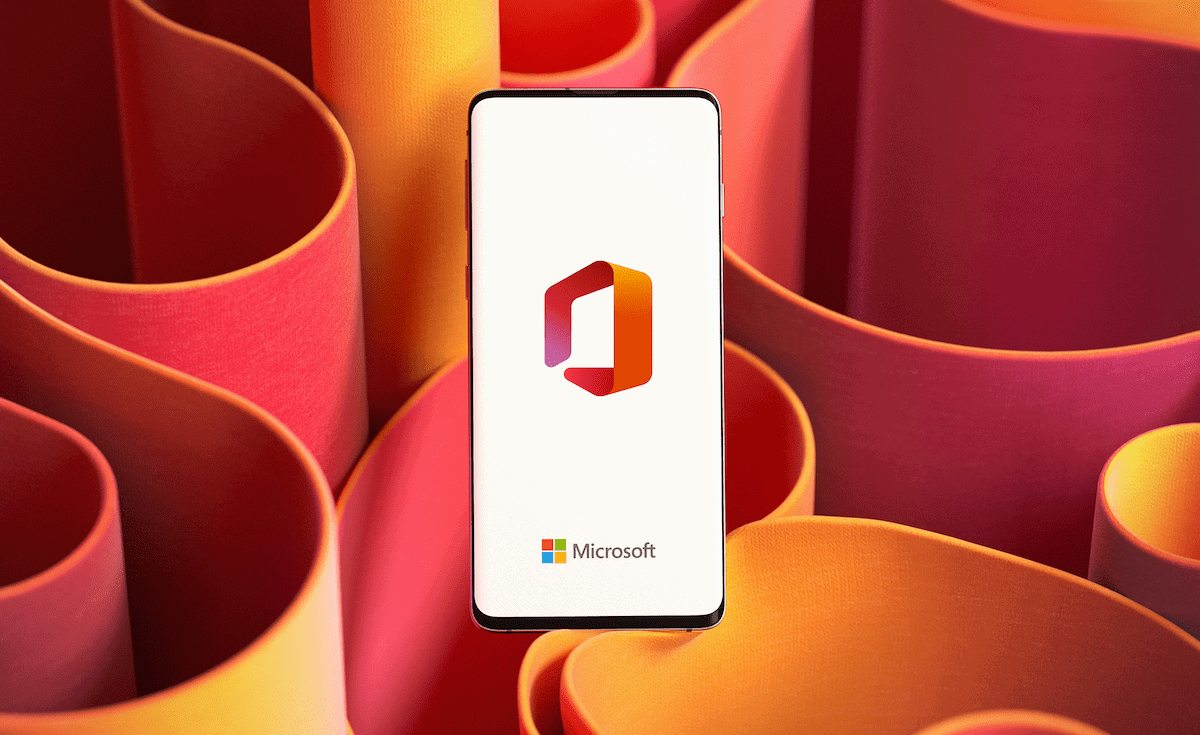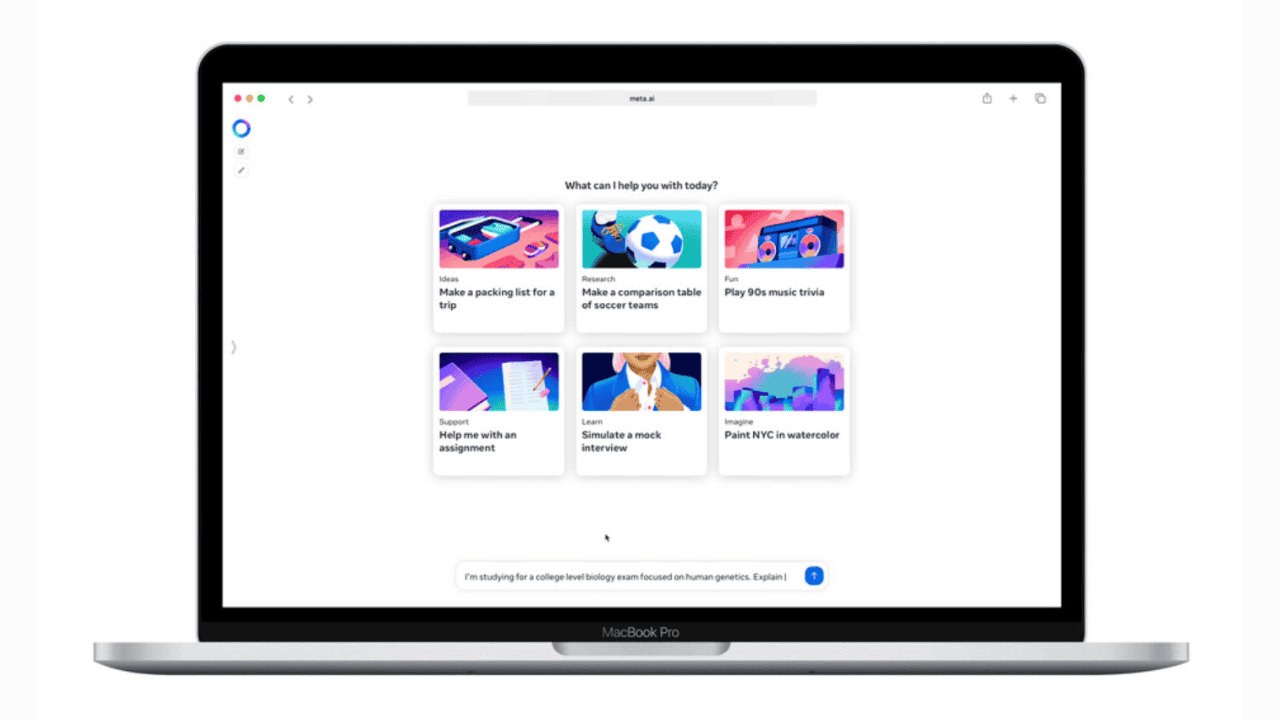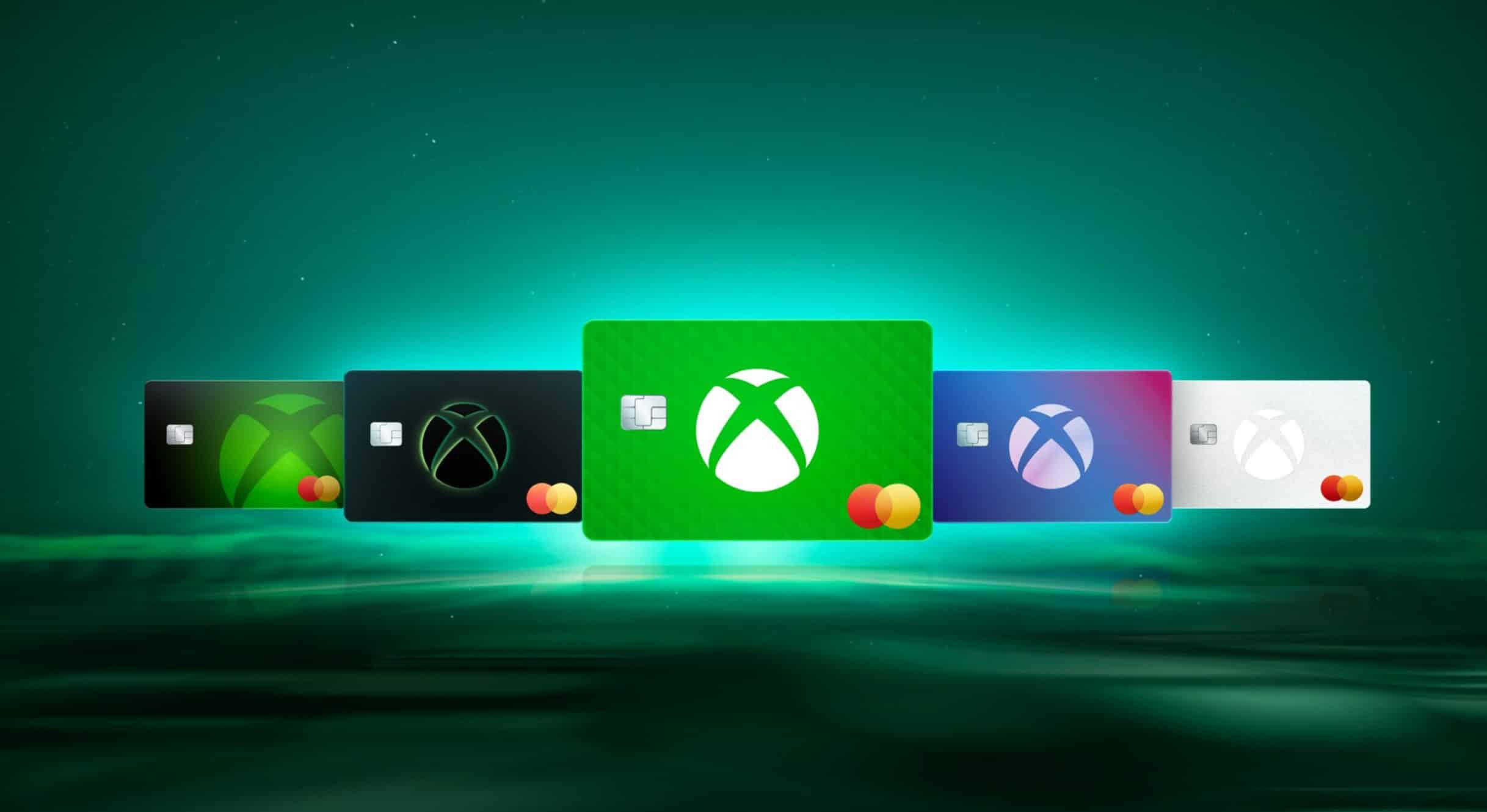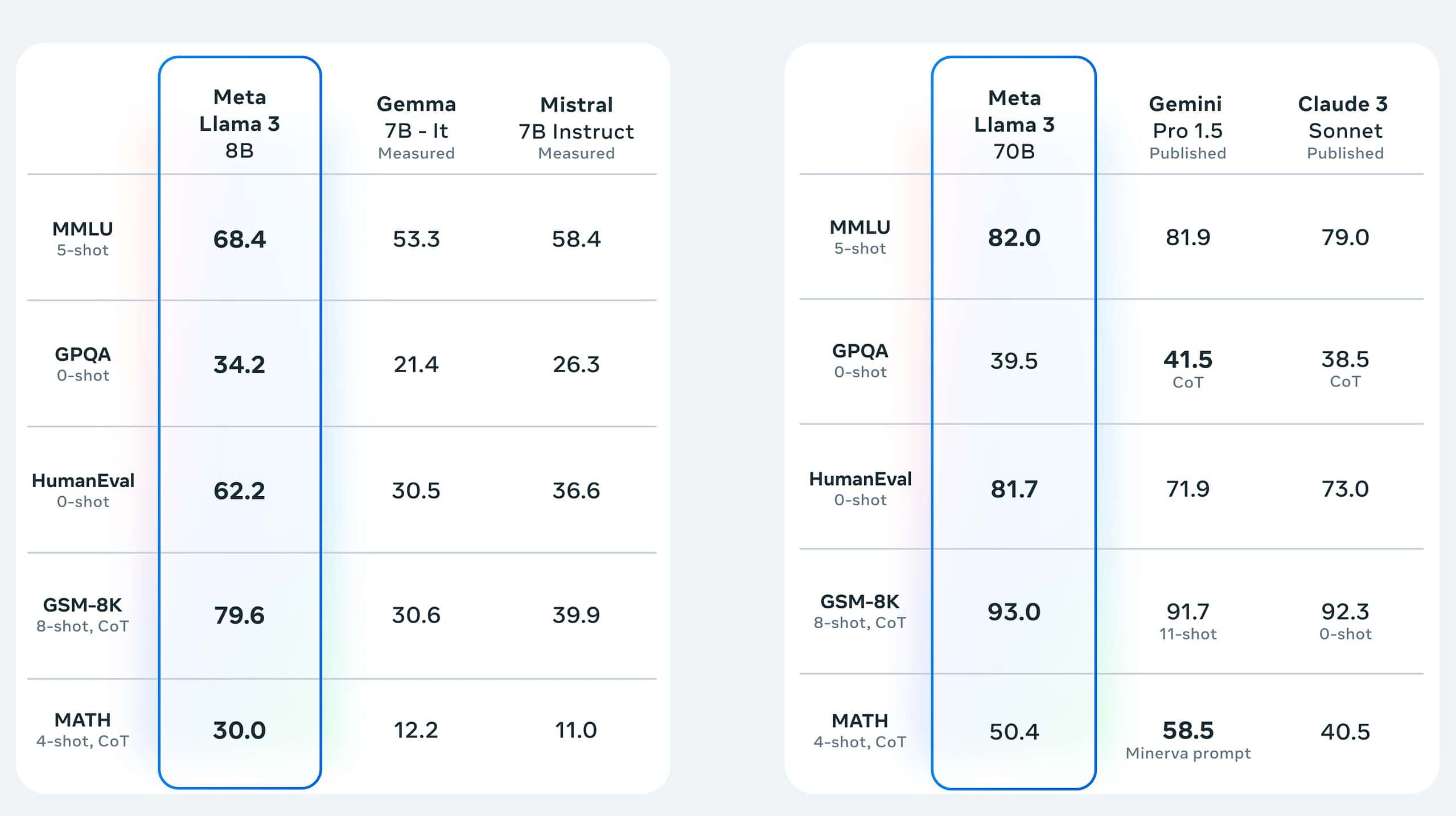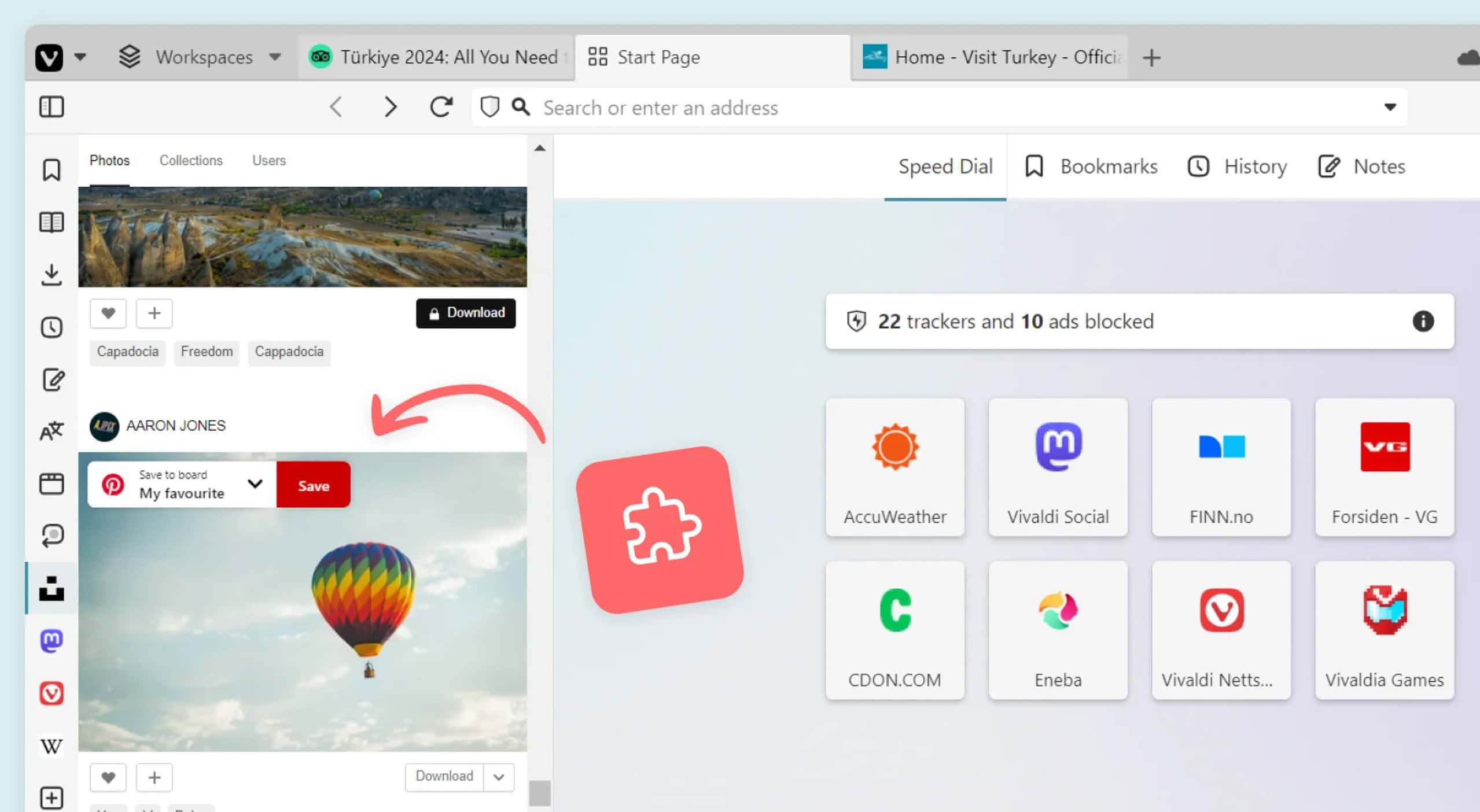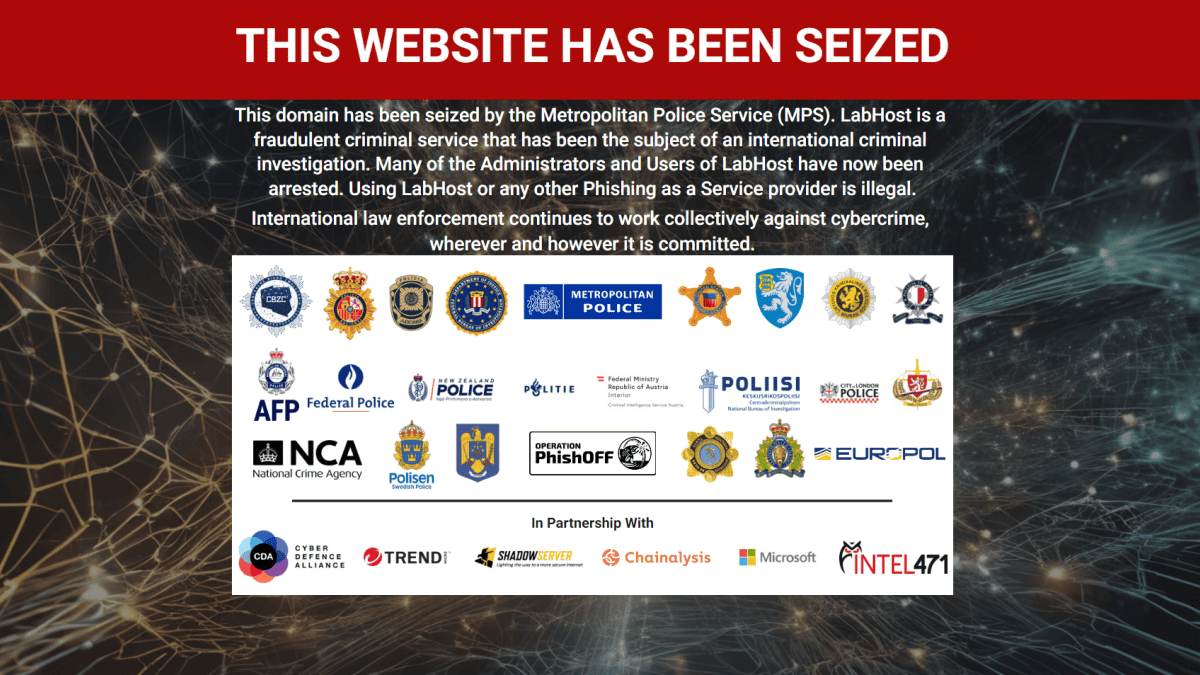EU to send Microsoft statement of objection over Activision deal 'in the coming weeks'
3 min. read
Published on
Read our disclosure page to find out how can you help MSPoweruser sustain the editorial team Read more
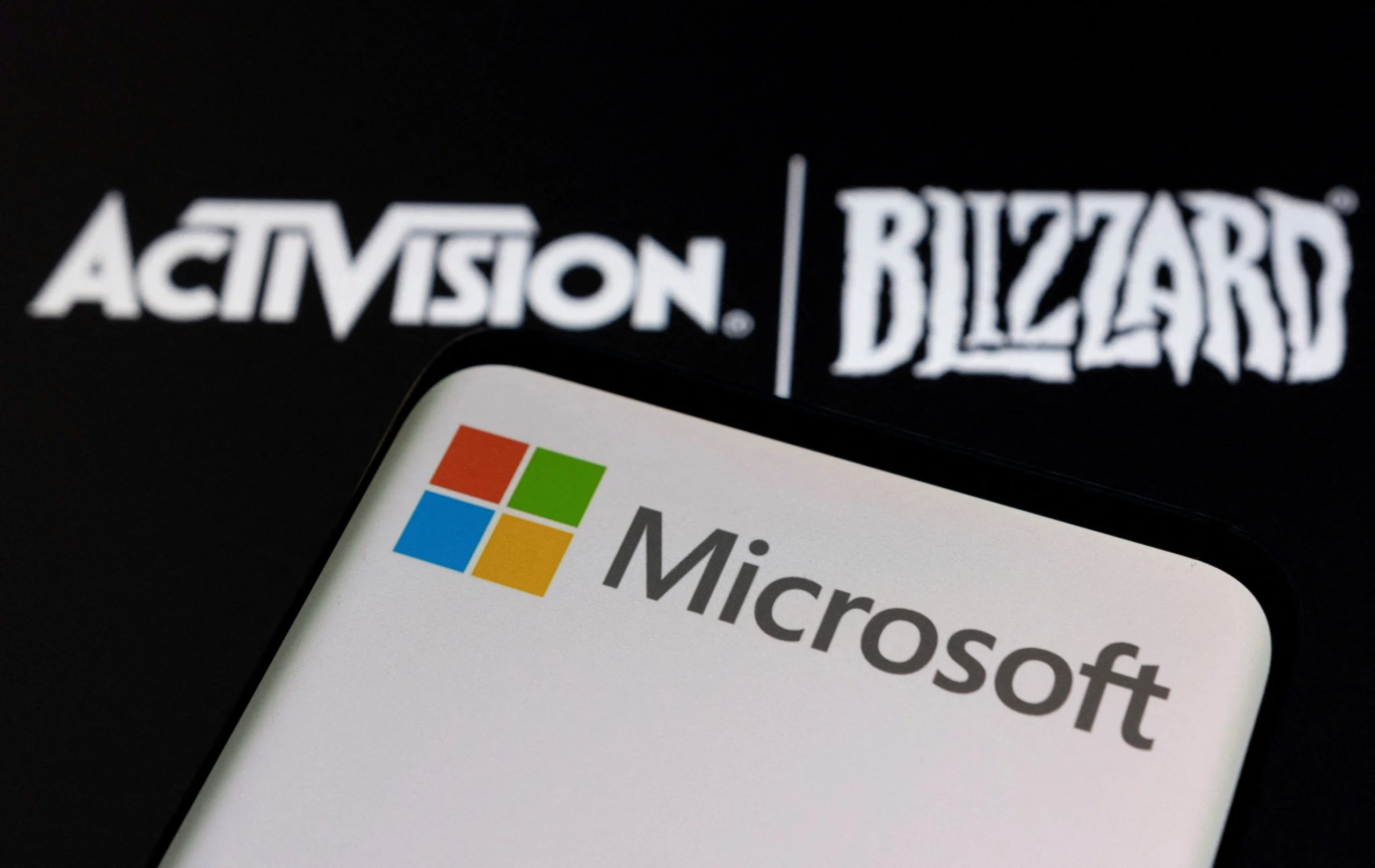
In the coming weeks, Microsoft might receive a statement of objections from the European Commission, one of the antitrust watchdogs still scrutinizing its proposed $69 billion Activision deal. (Reuters)
The move is not a secret from everyone following the Activision megadeal drama since different reports last year shared the EU’s plan to release the statement of objections, known as a charge sheet, this month. Microsoft tried to deter this by pushing different aggressive remedies and repeatedly stressing its objective to promote competition in the gaming market.
In November, Reuters’ sources shared that Microsoft could offer concessions to the European Commission. The solution, which reportedly highlighted a 10-year licensing deal with Playstation, would shorten the regulatory process and push the European Commission to announce its decision regarding the merger earlier than its April 11 deadline. This shortcut, however, seems to be an unacceptable idea by the EU.
According to the people familiar with the matter, the antitrust watchdog is not expected to welcome remedies without detailing its concerns in the charge sheet. And while this decision from the EU probably means Microsoft would have to wait a little longer for the watchdog’s decision, it is unknown how the document containing the deal warning will affect the situation in general. Reuter’s sources didn’t share if this move shows the EU’s continuous skepticism or if it is just its way to show Microsoft what it wants to see in its concession proposal.
Aside from this, Microsoft is facing another hurdle, with Google and Nvidia now joining the side of the deal’s number 1 critic, Sony. Last week, the two company reportedly expressed their concerns to the Federal Trade Commission over the merger, further intensifying the situation. Bloomberg now says that the companies could be called to testify as part of the FTC case, making them official foes of the software company in this matter. However, unlike Sony, the tech companies claim that the megadeal will give Microsoft a huge advantage and power over the cloud gaming, subscription, and mobile markets. While this might be true, it is hard to say that Google and Nvidia’s motives for opposing the deal are purely for the benefit of the public and the gaming industry. With the deal giving Microsoft more strength in delivering better game offerings, it could be a problem for Nvidia’s GeForce, which is trying to match Xbox Cloud Gaming. As for Google, the deal’s success would spell a threat to its dominance in the mobile space. To recall, UK’s Competition and Markets Authority announced in November last year that it was planning to investigate Google and Apple over “effective duopoly on mobile ecosystems that allows them to exercise a stranglehold over operating systems, app stores and web browsers on mobile devices.” The regulator added that Google’s mobile browser market dominance resulted in concerns from browser vendors, web developers, and cloud gaming service providers that believed “the status quo is harming their businesses, holding back innovation, and adding unnecessary costs.”

